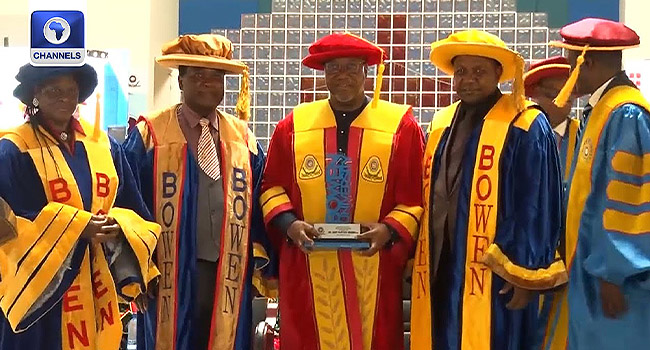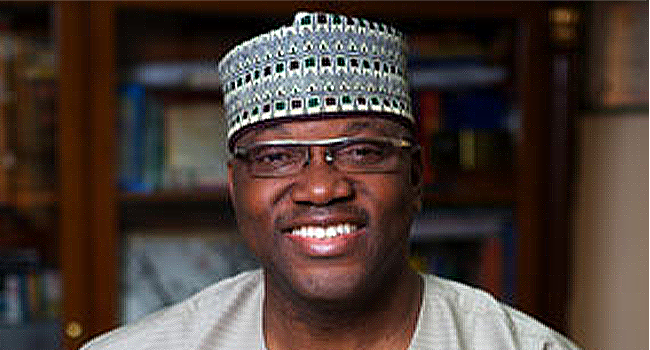The South African government has issued an apology to the Nigerian government over the deportation of its citizens from the Johannesburg Airport, a gesture that was equally reciprocated by the Nigerian authorities causing a diplomatic row between the two countries.

“We wish to humbly apologize to them, and we have,” South Africa’s deputy foreign minister, Ibrahim Ibrahim, told reporters. “We are apologizing because we deported a number of people who should not have been deported.”
Two officials from the Nigerian High Commission were present at the news conference at South Africa’s foreign ministry but refused to comment beyond a joint statement that described reciprocation of a deportation gesture. The two countries have however said the row will not sour the sweet relationship they share.
On March 2, South Africa deported 125 Nigerians who, according to airport health authorities, carried fraudulent yellow fever cards. Since then, authorities in Lagos, raising health concerns, have deported South Africans.
Ibrahim said South African airport authorities did not properly check to determine whether the cards were authentic. He said South Africa was considering reopening a health clinic at the airport to ensure such deportations are not repeated.
Nigeria Foreign Minister Olugbenga Ashiru, speaking to members of the National Assembly on Tuesday, linked the deportations to what he called the “xenophobia” faced by Nigerian immigrants living in South Africa who fear police who arrest them without cause.
Rejects xenophobic charge
“We are not a xenophobic country,” Ibrahim said Thursday.
A wave of violence in 2009 that left scores injured and about 62 people dead further fueled the xenophobic claims. Most of those attacked during the violence were foreigners, Nigerians inclusive, competing for housing and jobs.
The Nigerian Foreign Affairs ministry had sought an apology from South Africa or risk a ban on all diplomatic and bilateral relations.




